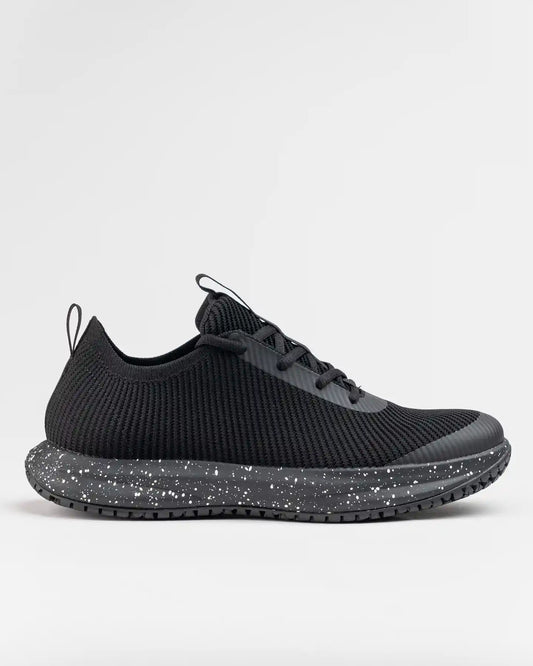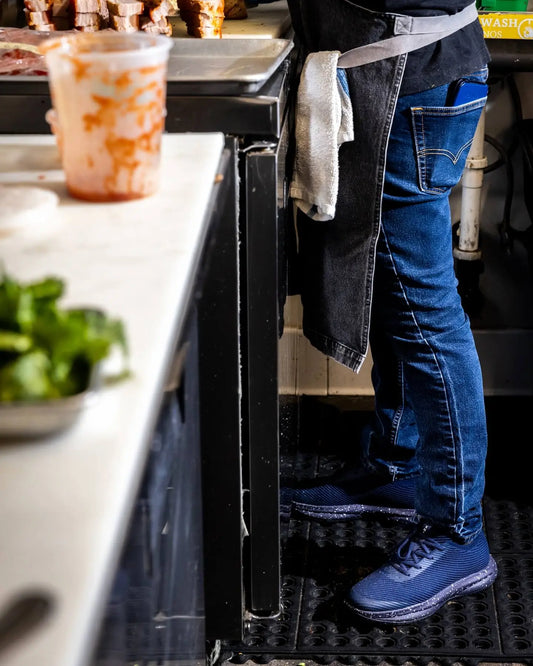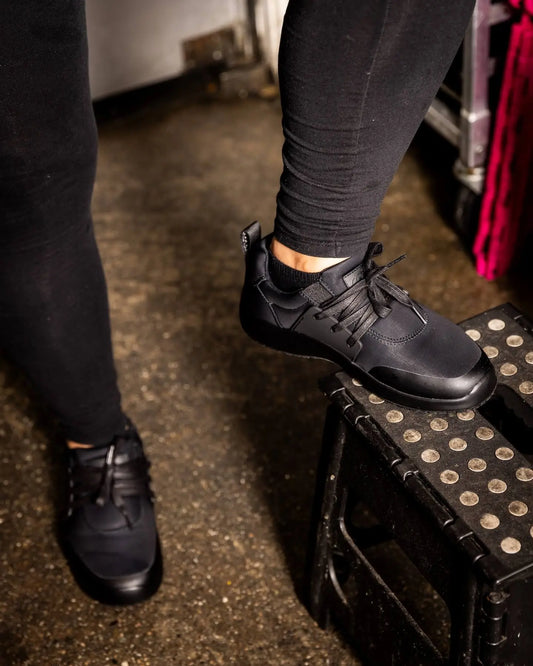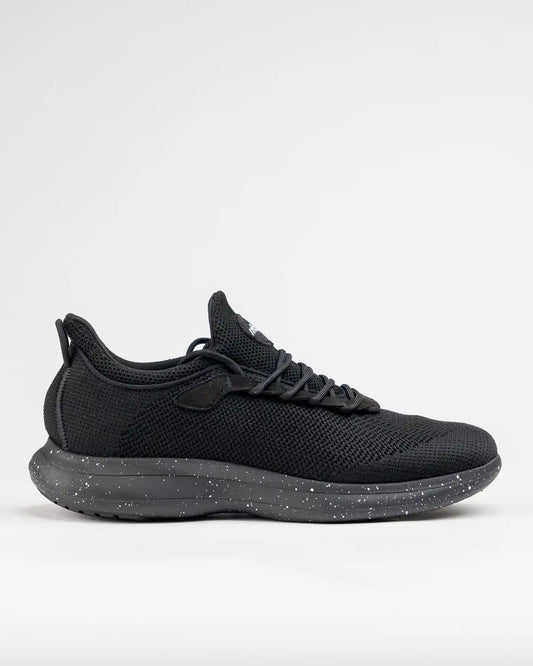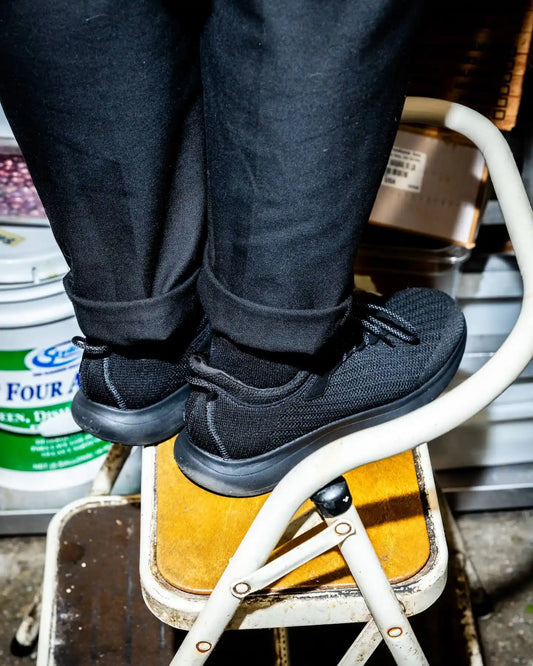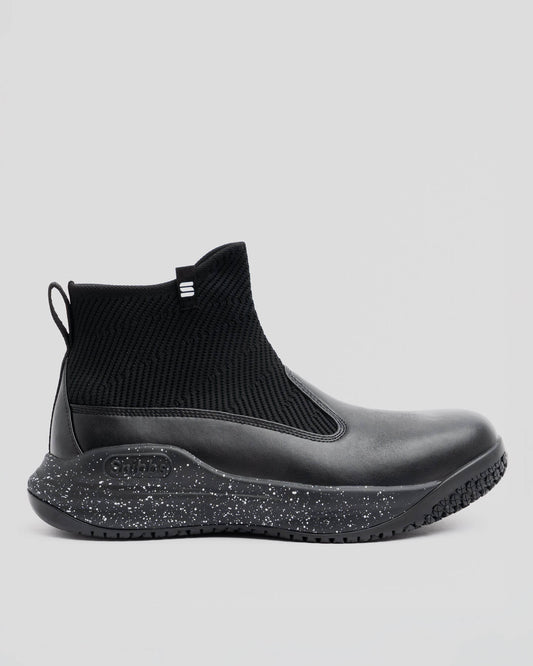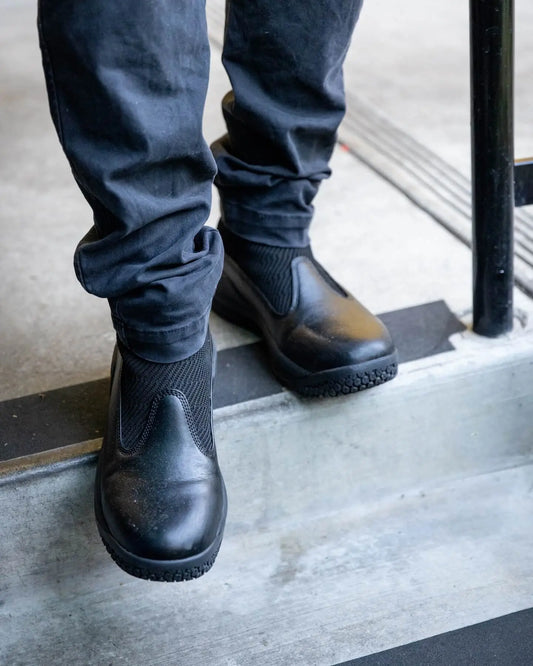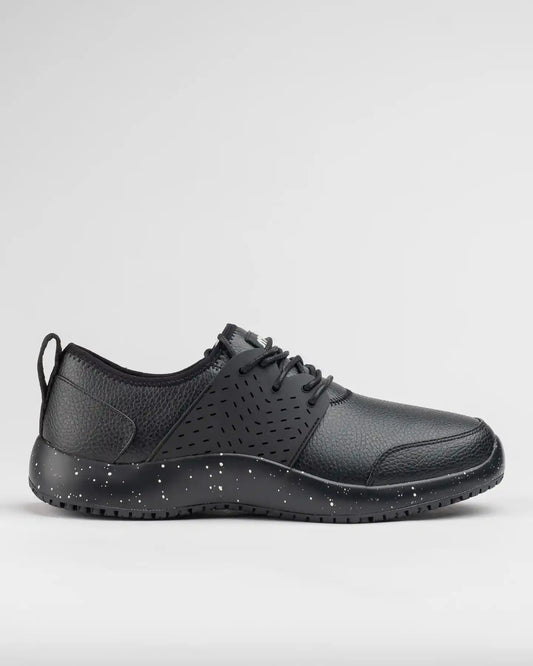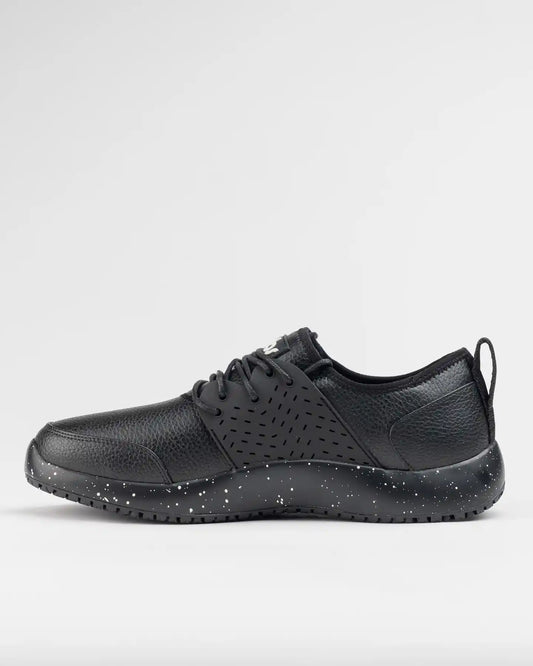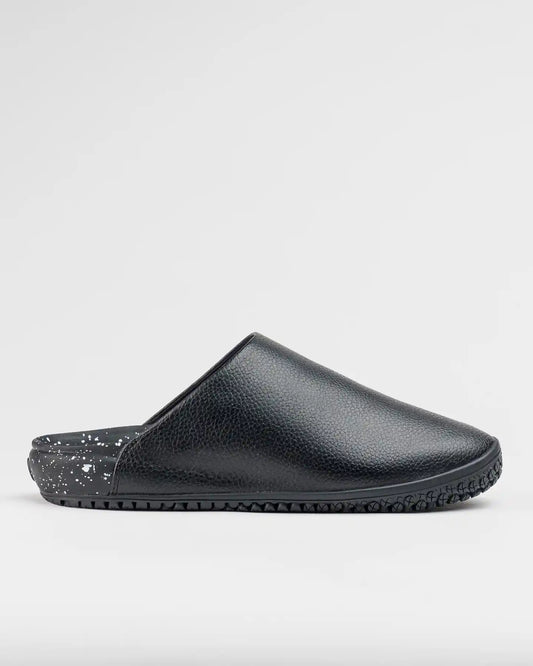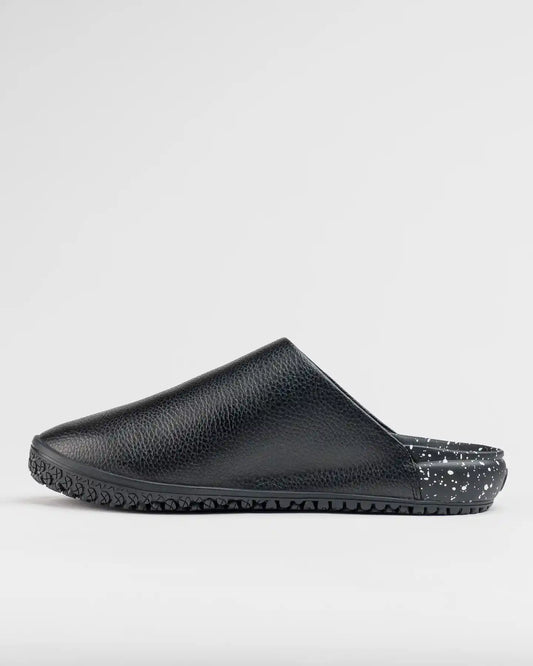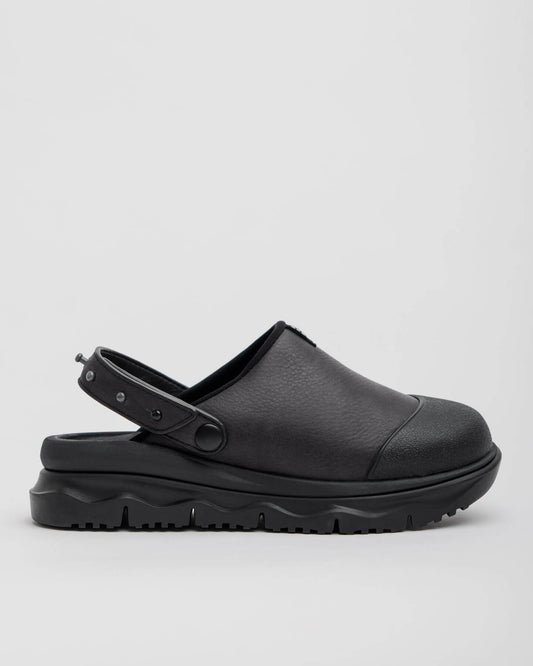How Best Healthcare Practices Among Long Shift Workers Can Improve Sleep
Snibbs Footwear
Certain jobs with longer working hours disrupt the recommended sleep cycle leading to a steep decline of overall health. Long-term sleep disorders aside, lack of proper rest impairs one’s communication skills and increases fatigue during waking hours with high chances of vehicle accidents. As a national health concern, several organizations have implemented some of the best healthcare practices over the years. With their effective strategies, they have assisted in reducing the risks of unending workloads while encouraging consistent productivity at work.
Negative effects of short sleep durations caused by long work hours
Studies suggest that any disturbance in the sleep-wake cycle creates a habit of sleeping for a shorter duration. With less time to balance the demands of personal and work lives, workers with night shifts or long work hours tend to sleep less. One of the major factors affecting their circadian rhythm is economic stress causing them to work for longer hours or opting for a second job. Below are a few negative impacts of sleep deprivation.
1. InsomniaAccording to a study, working overtime leads to increase in blood pressure and consequently, trouble in falling asleep – also known as insomnia. This sleep disorder also increases as the afflicted person ages. Another research shows that people who are diagnosed with insomnia use prescription medications. They can further lead to sleepiness during working hours.
2. Reducing the brain’s decision-making powerLack of adequate sleep affects one’s performance at the workplace. In fact, it is their basic cognitive skills that get affected the most. Inability to decide or remember recent events and increased risk-taking behavior, compromising overall productivity.
3. Occupational injuriesWith lessened cognitive functions due to lack of sleep, the risk of workplace injuries remains higher. According to a survey, a daily 12-hour work shift led to 37% of hazard rate. This leads to high absenteeism rates as well.
4. DiseasesAs the circadian rhythm is interrupted by long work shifts, food digestion is also affected. Due to workplace pressure, most workers also resort to smoking more after work. Such habitual changes lead to potential cardiovascular diseases.
Best healthcare practices in the States
To meet the growing concern of work-related sleep deprivation and its negative effects on health, the U.S. Department of Health and Human Services has adopted good measures through its different federal organizations. Some of them are:
· National Institute for Occupational Safety and Health
This federal agency’s Healthcare and Social Assistance Program concentrates on conducting surveillance for fatalities at work. It has recently evaluated risks that staff are exposed to, generally.
· Healthy People
Another federal organization, Healthy People, which charts out 10-year goals for improving American health, addresses a few objectives on their new chapter of Sleep Health. One of them is to reduce vehicular accidents caused due to lack of sleep among workers with long work shifts. They have proposed to adopt educational, supportive and behavioral interventions and provide medical guidelines who suffer from sleep apnea.
Following the best healthcare practices to prevent negative impact of sleep deprivation
As it can be observed, these preventive measures adopted by the federal organizations in the States can significantly improve sleep hours among workers. By providing ample education, their well-researched methods are certainly going to solve myriad health problems in the coming years.
On another note, it is also essential that health authorities in hospitals encourage nurses who are devoid of proper sleep, to take preventive measures on their own during work. For instance, as floors are slippery with different kinds of liquids, they should be encouraged to wear high-quality footwear that is not just comfortable but also has slip-resistance soles. The utilitarian shoes by Snibbs have anti-slip outsoles certified by the industry standard, Brungraber Mark II Test. These shoes can significantly prevent injuries and offer all-day comfort without any foot fatigue.